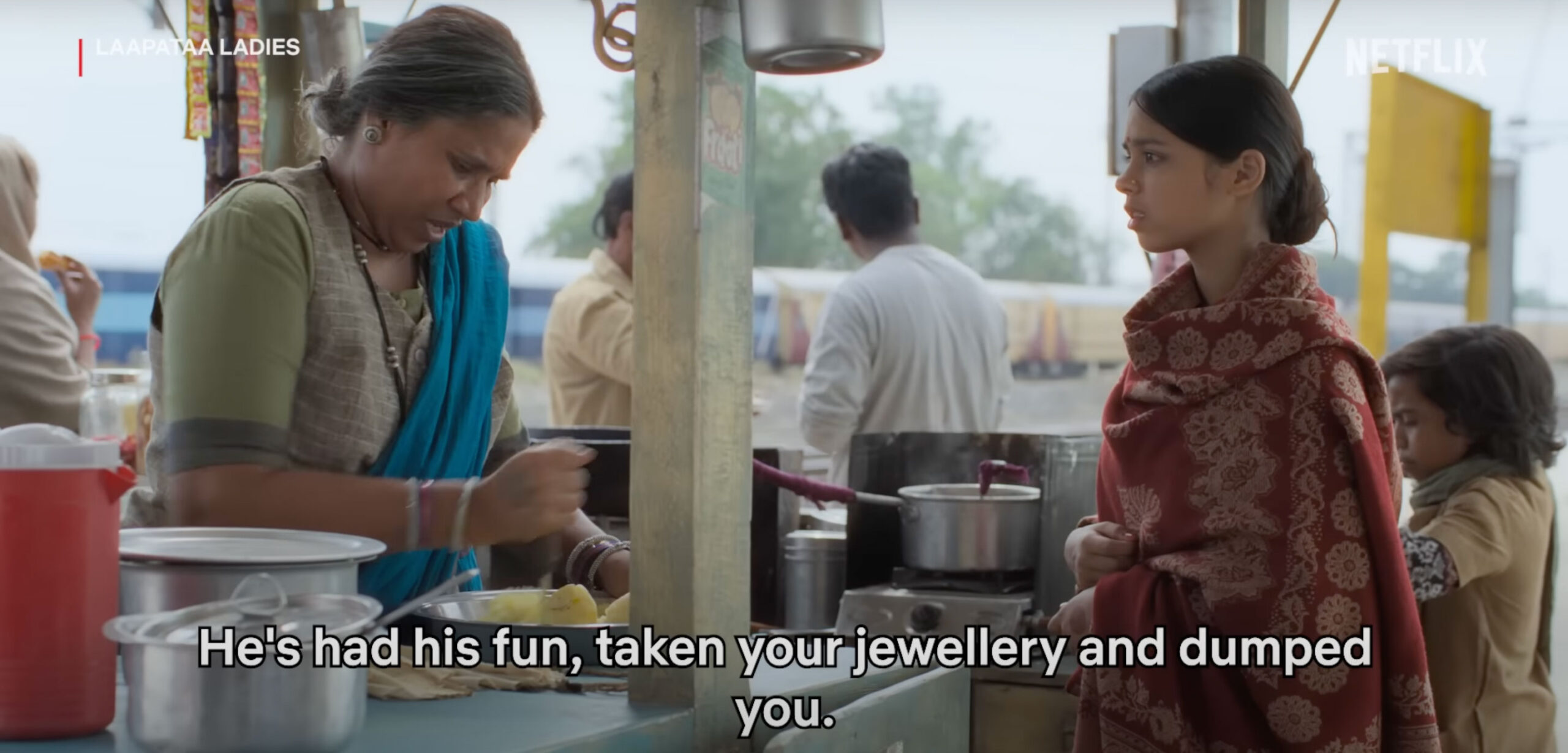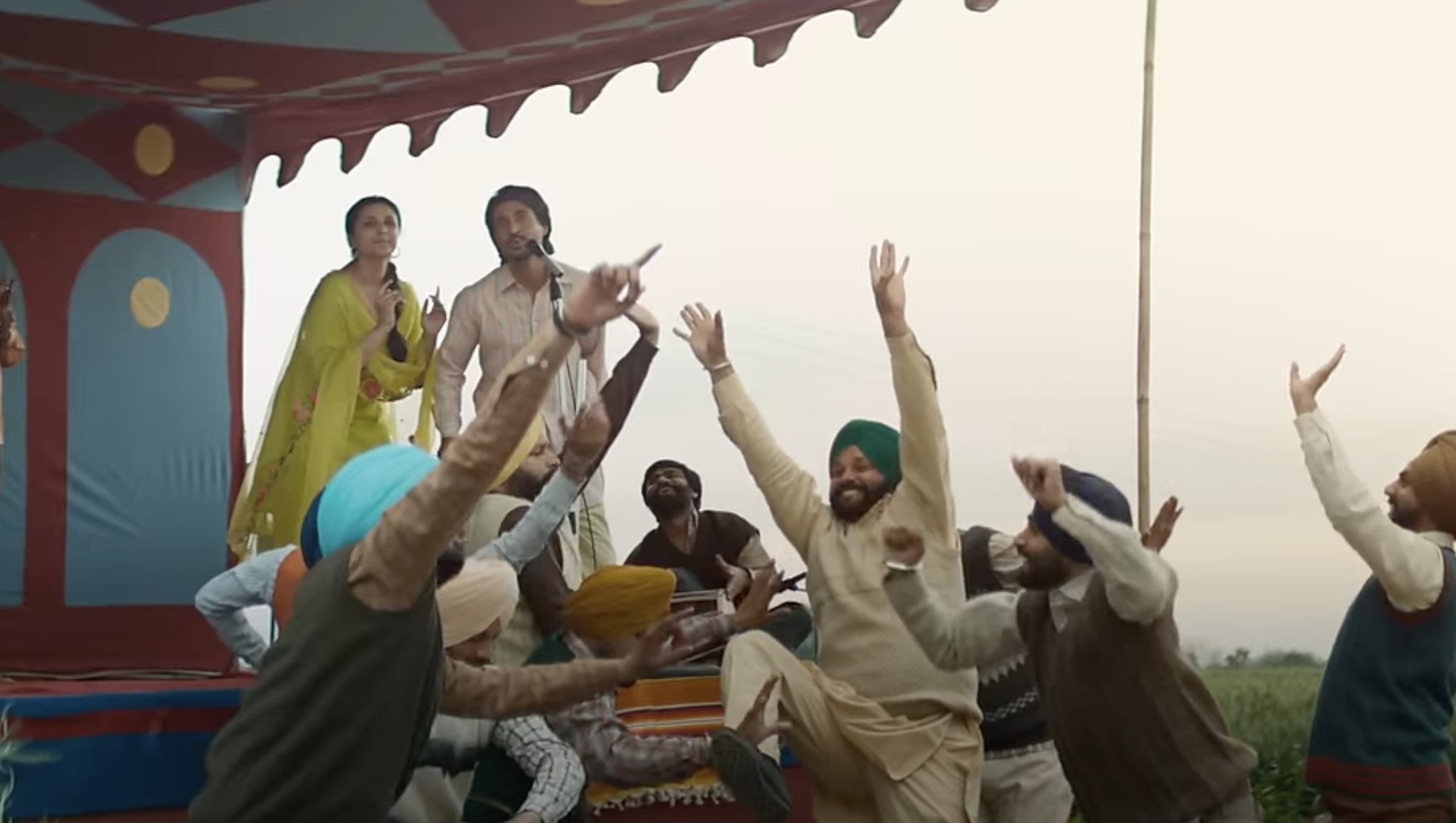In the Name of Justice
More than a century ago, Regina Guha was working towards fulfilling her childhood dream of becoming a lawyer in the city of Calcutta. She was one of the four daughters of Priyamohan Guha – a criminal lawyer. After completing her MA, Regina joined Calcutta University’s law, which had been established in 1909. She completed the course, passed the exam, was awarded the degree, and the very next day, she filled in the form seeking licence to practise as a lawyer. She deposited the requisite fee in the government exchequer.
CLICK HERE TO READ MORE: NO PLACE FOR WOMEN IN TEMPLES OF JUSTICE
[Forward Press is committed to raising the issues related to socially and culturally oppressed communities of India, such as the Other Backward Classes, Scheduled Tribes, Denotified Nomadic Tribes and Converted Minorities. ForwardPress.in is a bilingual (English-Hindi) website – we publish material in both Hindi and English so that it is accessible to readers countrywide. Writers and independent journalists can send in their articles in either Hindi or English. We invite experienced translators, too, to join us in this endeavour and volunteer their services.]






